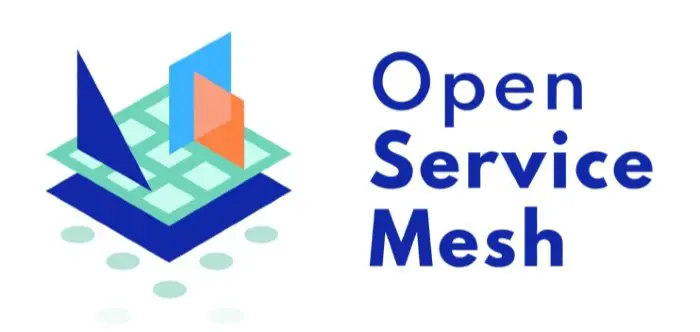Microsoft has come up with its new open-source service mesh that runs on Kubernetes, which is an open-source platform for managing containerized applications. Microsoft has been working on Kubernetes-based open service mesh for quite some time now. And now that the company has introduced Open Service Mesh (OSM), we can now have a better understanding of what goes behind the scenes.

Microsoft announces Open Service Mesh
What is a Service Mesh, you may ask? Well, service mesh allows different parts of a service or an application to share data. In short, different mesh providers enable microservices to communicate with each other as part of one microservice architecture. With each part of an application split into different services, managing the dataflow between these services can be a huge challenge
This is where Kubernetes comes into the picture.
“We are excited to introduce a new open source project, Open Service Mesh (OSM), which is a lightweight and extensible service mesh that runs on Kubernetes. OSM enables users to uniformly manage, secure, and observe service-to-service communication in highly dynamic microservice environments,” Microsoft said in a recent blog post.
What is Open Service Mesh?
Simply put, Azure-powered Open Service Mesh or OSM is supposed to define Service Mesh Interface (SMI) specifications, which consist of portable APIs for “common mesh functionality across service mesh implementations.” OSM will allow customers to select a mesh provider of their choice while vendors can successfully implement SMI and be rest assured that ecosystem tools can work on many meshes.
“We intend for OSM to have open governance and be in a place where we can easily collaborate with the community, so we have already submitted a proposal starting the process of donating OSM to the Cloud Native Computing Foundation (CNCF),” Microsoft added.
OSM uses Envoy for some more advanced features. Microsoft hopes OSM will be effortless in a way that Kubernetes operators will find it easy to install and maintain. This way, Microsoft hopes to lead a community approach, courtesy of Open Service Mesh, and enable collaboration on APIs (both new and existing ones) for SMI.
Leave a Reply